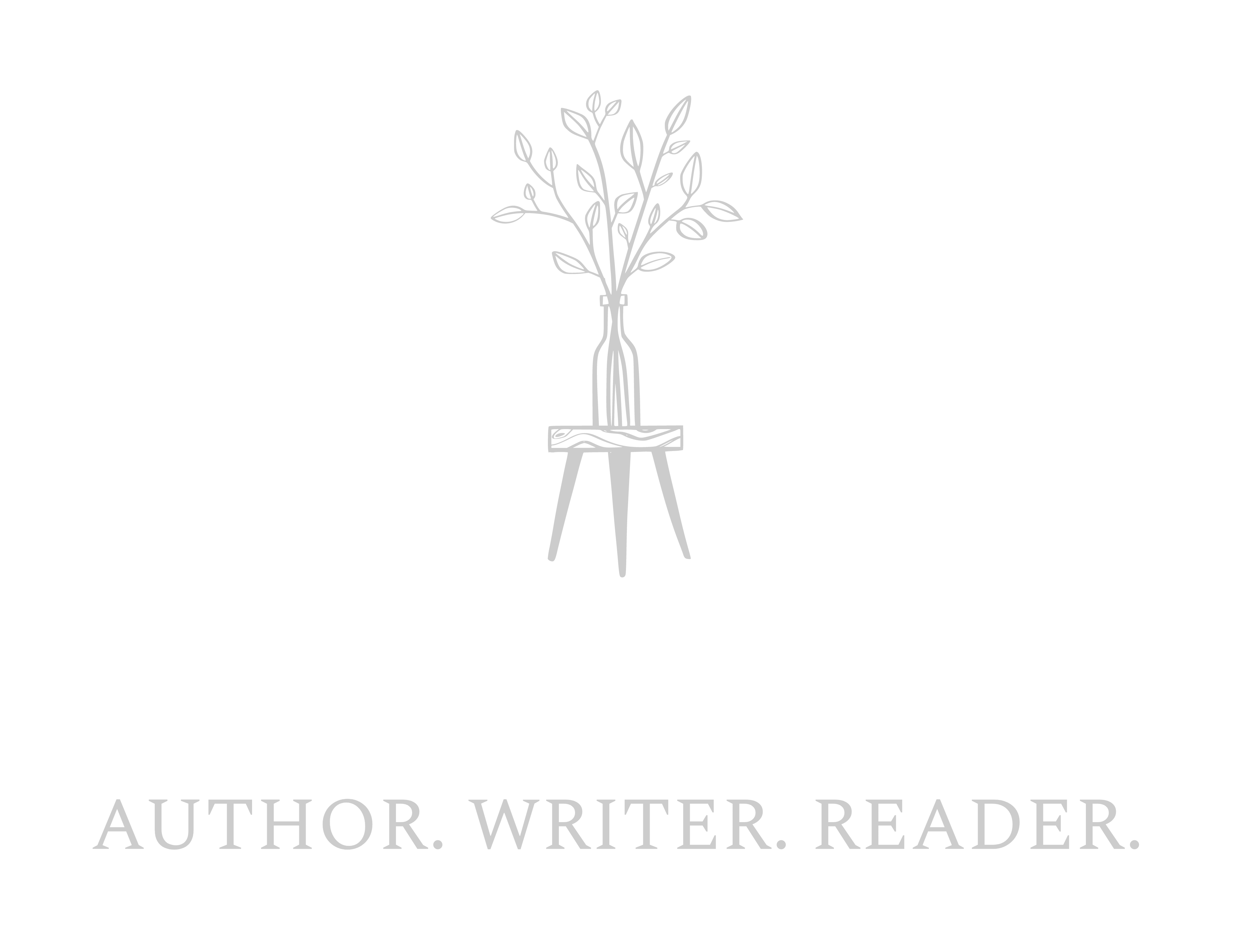Whether you are drafting a simple email to a friend, a complex essay for school, an article for a magazine or even a book for your publisher, it is important that the spelling of your content is accurate and makes sense. Inadvertently adding an incorrect letter can completely alter the meaning of a sentence or phrase.
More often than not, auto correct, grammar and spell checks have the tendency of overlooking the meaning or intent of a particular word. And although there are several programs for purchase that have the ability to capture these mistakes, it’s imperative to minimize these errors so that your writing is interpreted correctly.
We are only human, and oversights will happen, but if you take the time to understand the meaning behind your word choice then your writing will be polished and ready for distribution. I have listed a few commonly misspelled words that we use daily either in conversation or in word form:
- A lot – wholly
- Accept – receive
- Except – exclude
- Advise – suggestion/inform
- Advice – guidance/counseling
- Affect – emotion
- Effect – consequence
- Capital – currency
- Capitol – building/monuments that represent the country
- Elicit – evoke
- Illicit – forbidden
- Judgment – make a decision
- It’s – contraction for it is
- Its – possessive
- Maybe – sure
- May be – might be something
- Than – compare
- Then – result of something
- Their – ownership
- They’re – contraction for they are
- There – location
- To – preposition (expressing a relation to another word)
- Too – also or a lot of something
- Your – own or possess
- You’re – contraction for you are



